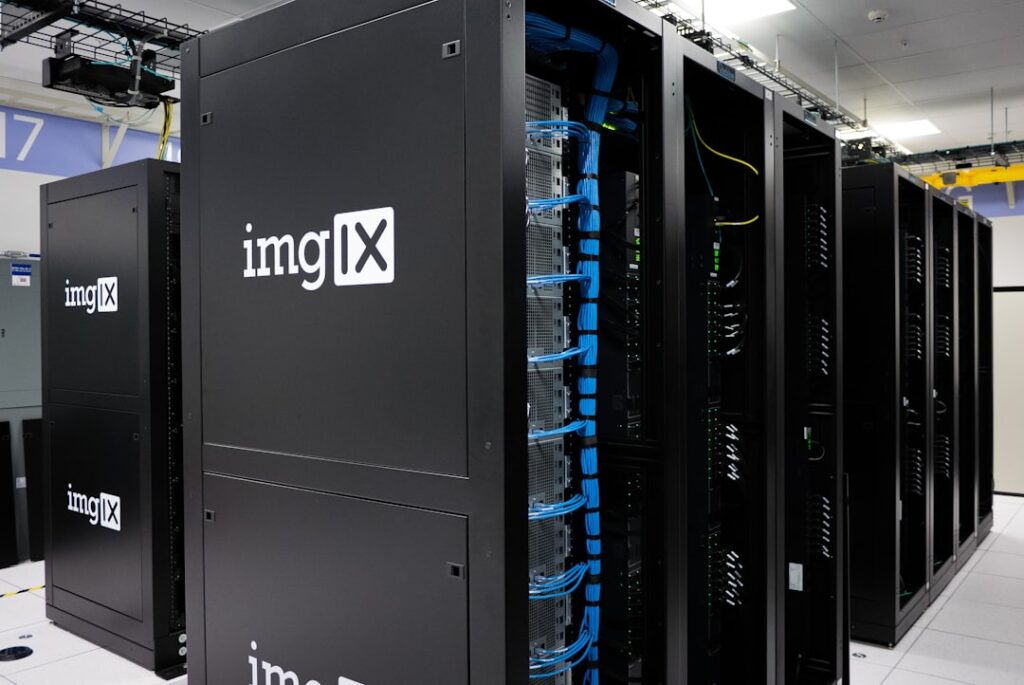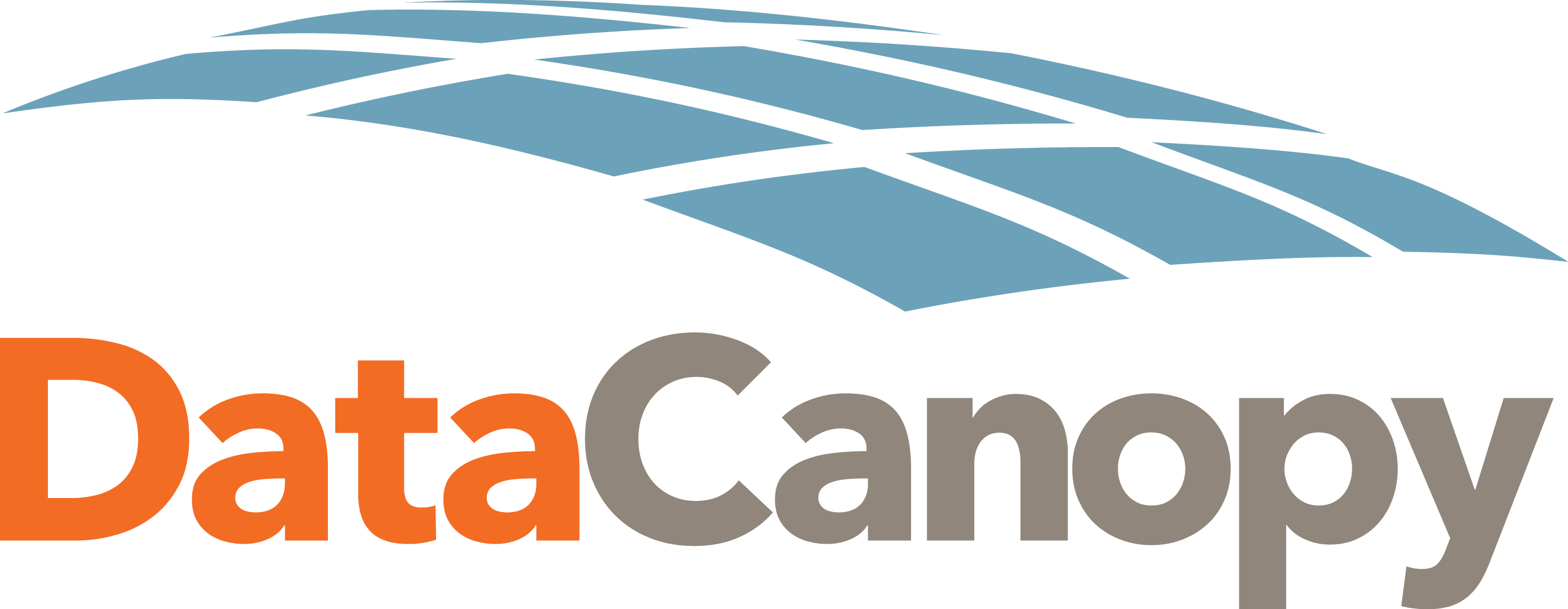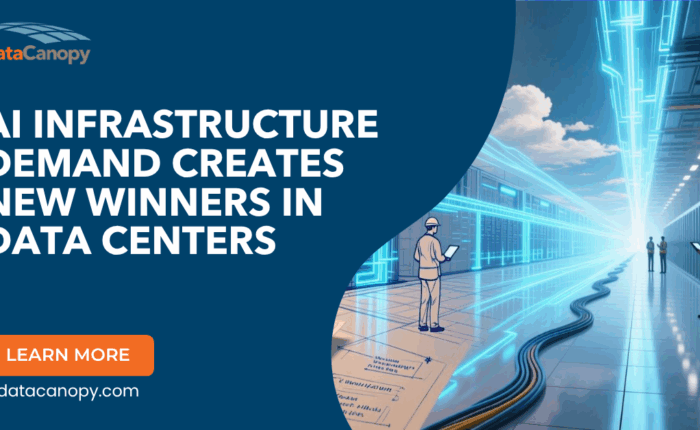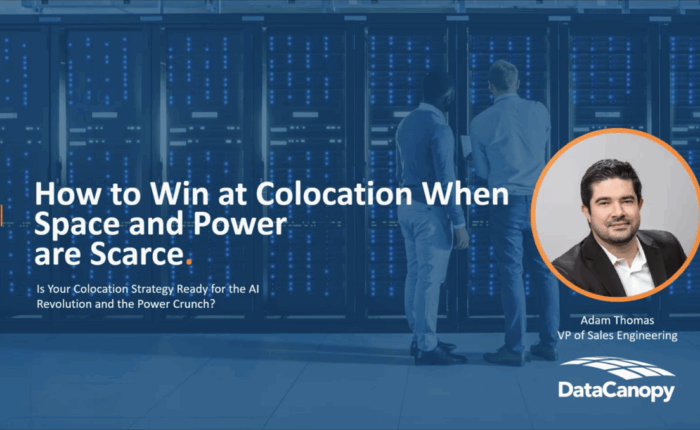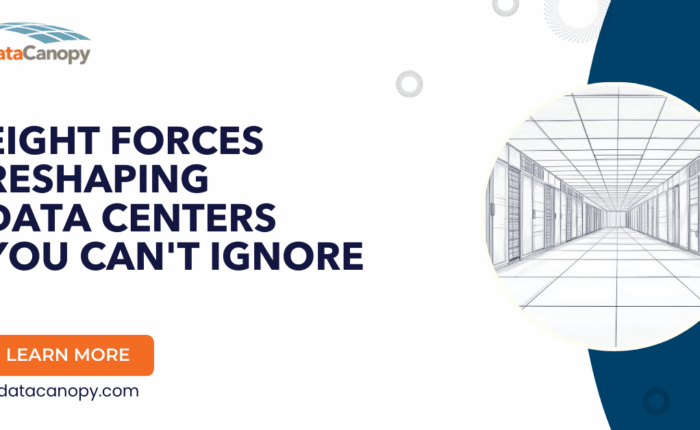Protecting your data is more important than ever. Colocation providers have emerged as vital players in this arena, offering specialized data center security measures to ensure data safety and integrity. From advanced physical security protocols to sophisticated cybersecurity defenses, these secure data centers employ a multitude of strategies to protect valuable data assets. In this blog post, we’ll explore the top data protection strategies used by colocation providers, shedding light on how they maintain robust data safety and secure data centers, thereby establishing themselves as reliable partners for businesses aiming to safeguard their digital information.
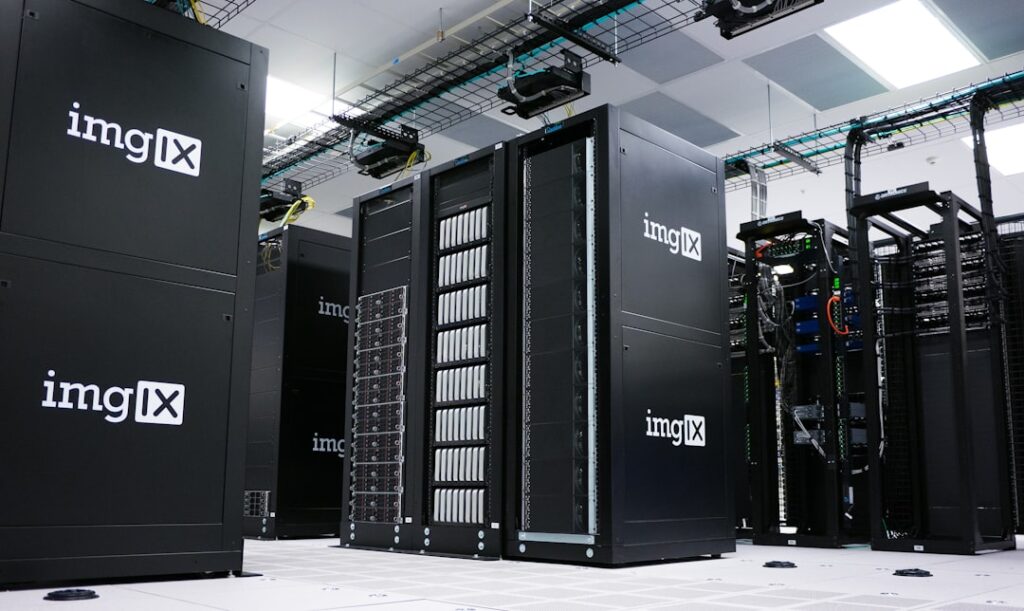
Key Elements of Data Center Security
Physical Security Measures
Physical security is a foundational aspect of data center security. Colocation providers implement multiple layers of physical security measures to protect data centers from unauthorized access and potential threats. These measures often include perimeter fencing, 24/7 surveillance cameras, and security personnel to monitor all activities. Access control systems such as biometric scanners, key card access, and mantraps ensure that only authorized personnel can enter sensitive areas. Additionally, secure data centers are often designed with reinforced walls and limited entry points to further enhance security. Environmental controls like fire suppression systems, HVAC systems, and flood detection sensors are also employed to protect data from natural disasters. By combining these physical security measures, colocation providers create a robust defense against physical threats, ensuring data safety and operational continuity for businesses across various sectors.

Network and Cybersecurity Protocols
Network and cybersecurity protocols play a critical role in ensuring data center security. Colocation providers deploy various advanced cybersecurity measures to protect against cyber threats and data breaches. They use firewalls and intrusion detection systems (IDS) to monitor and block unauthorized access attempts. Regularly conducting security audits and vulnerability assessments helps identify and mitigate potential weaknesses in the network. Colocation providers employ encryption techniques to secure data both in transit and at rest, ensuring that sensitive information remains confidential. Additionally, they implement strict access controls and multi-factor authentication (MFA) to verify the identity of users accessing the network. They also offer DDoS protection services to fend off distributed denial-of-service attacks, which can disrupt operations. By integrating these comprehensive network and cybersecurity protocols, colocation providers ensure data safety and maintain secure data centers, giving businesses peace of mind as they rely on these services.

Compliance and Regulatory Standards
Compliance with regulatory standards is a crucial aspect of data center security for colocation providers. These providers adhere to various industry-specific regulations, such as HIPAA for healthcare, PCI-DSS for payment card industries, and GDPR for data protection in the European Union. By meeting these stringent standards, colocation providers ensure that their secure data centers align with legal and regulatory requirements. They safeguard sensitive information and maintain data integrity. Third-party organizations regularly audit and assess these providers, verifying compliance and ensuring continuous improvement and adherence to best practices. Additionally, colocation providers often pursue certifications such as ISO 27001 to demonstrate their commitment to comprehensive information security management. These compliance measures protect data and build trust with clients, assuring them that providers manage data safety according to the highest standards. By adhering to regulatory standards, colocation providers reinforce their role as reliable partners in data protection.

Advanced Data Protection Strategies
Redundant Systems and Backup Solutions
Redundant systems and backup solutions are essential components of advanced data protection strategies employed by colocation providers. Redundancy ensures that there are multiple instances of critical systems, such as power supplies, cooling systems, and network connections, to prevent downtime in the event of a failure. This approach, often referred to as N+1 redundancy, guarantees that if one system fails, another is available to take its place, thereby maintaining operational continuity.
Backup solutions are equally vital for data safety. Colocation providers implement regular data backups, stored both on-site and off-site, to safeguard against data loss due to hardware failures, cyber-attacks, or natural disasters. These backups are often encrypted and tested regularly to ensure data integrity and accessibility when needed. By combining redundant systems with robust backup solutions, colocation providers offer a reliable safety net, ensuring that business operations remain uninterrupted and data remains secure under any circumstances.

Encryption Techniques and Practices
Encryption techniques are pivotal in protecting data within secure data centers. Colocation providers employ advanced encryption methods to ensure that data remains confidential and secure during transmission and storage. Data encryption at rest involves converting data into a coded format that is unreadable without the correct decryption key, safeguarding sensitive information from unauthorized access.
Data encryption in transit safeguards data as it moves within the network, typically using SSL/TLS protocols for secure transmission. Colocation providers strengthen security with strong key management practices for handling encryption keys. Regular updates and audits of encryption protocols ensure effectiveness against cyber threats. These robust encryption methods underscore colocation providers’ commitment to data protection, assuring clients that their data remains secure.

Access Control and Monitoring
Access control and monitoring are essential for advanced data protection in secure data centers. Colocation providers enforce strict access policies, allowing only authorized personnel to access sensitive data and infrastructure. This typically involves multi-factor authentication (MFA), combining passwords, biometric scans, and security tokens.
Continuous monitoring tracks and logs access attempts, providing real-time alerts for suspicious activities. Intrusion detection systems (IDS) and security information and event management (SIEM) solutions analyze data from various sources to detect threats. Regular audits and reviews of access logs ensure compliance with security policies and identify anomalies. Through rigorous access control and comprehensive monitoring, colocation providers protect data integrity and safety.
